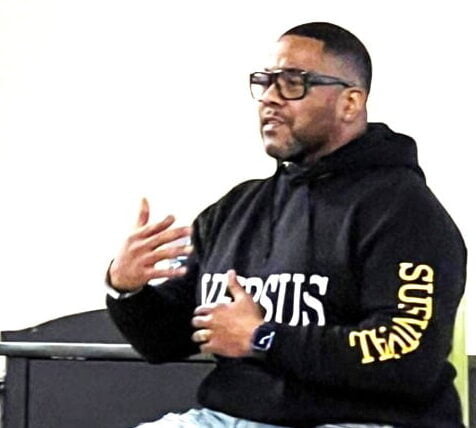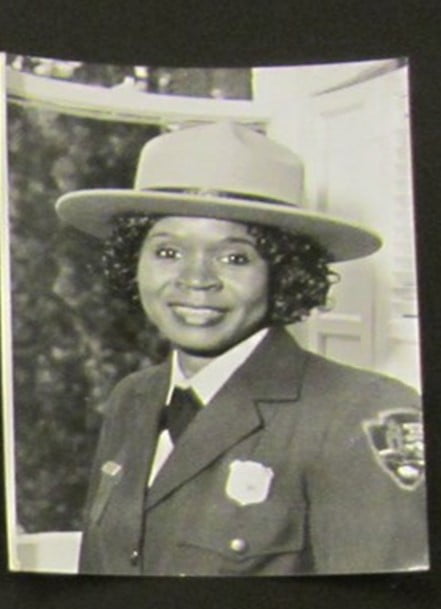
Chief Architect of the
March on Washington
Bayard Rustin (born March 17, 1912, West Chester, Pennsylvania, U.S.—died August 24, 1987, New York, New York) was an American civil rights activist who was an adviser to Martin Luther King, Jr., and who was the main organizer of the March on Washington in 1963.
After finishing high school, Rustin held odd jobs, traveled widely, and obtained five years of university schooling at the City College of New York and other institutions without taking a degree. Rustin became a foe of racial segregation and a lifelong believer in pacifist agitation. He worked for the Fellowship of Reconciliation, a nondenominational religious organization, from 1941 to 1953, and he organized the New York branch of another reformist group, the Congress on Racial Equality, in 1941.
While his sexual orientation resulted in him taking a less public role, he was hugely influential within the civil rights movement. In the mid-1950s Rustin became a close adviser to the civil rights leader Martin Luther King, Jr., and he was the principal organizer of King’s Southern Christian Leadership Conference. Rustin later was the chief architect of the March on Washington (August 1963), a massive demonstration to rally support for civil rights legislation that was pending in Congress. In 1964 he directed a one-day student boycott of New York City’s public schools in protest against racial imbalances in that system. Rustin subsequently served as president of the A. Philip Randolph Institute, a civil rights organization in New York City, from 1966 to 1979. Soon thereafter he became involved in the gay rights movement. In 2013 he was posthumously awarded the Presidential Medal of Freedom.

Mossell Alexander
Sadie Tanner Mossell Alexander (born January 2, 1898, Philadelphia, Pennsylvania, U.S.—died November 1, 1989, Philadelphia) economist and attorney who was one of the first African American women in the United States to earn a doctoral degree. Alexander served in the administration of Pres. Harry S. Truman as a member of the President’s Committee on Civil Rights (1946). She helped found and served as national secretary (1943) of the National Bar Association, an association chiefly composed of black attorneys. Alexander was the youngest of three children of Aaron A. Mossell, an attorney, and his wife, Mary Tanner Mossell. Her father abandoned the family while she was still young. Her maternal grandfather was Benjamin Tucker Tanner, sometime bishop of the African Methodist Episcopal Church in Philadelphia. One of her uncles was the noted painter Henry Ossawa Tanner. Another of her uncles, Nathan F. Mossell, was a physician and surgeon and the founder of Mercy Hospital (later Mercy-Douglass Hospital) in Philadelphia.












